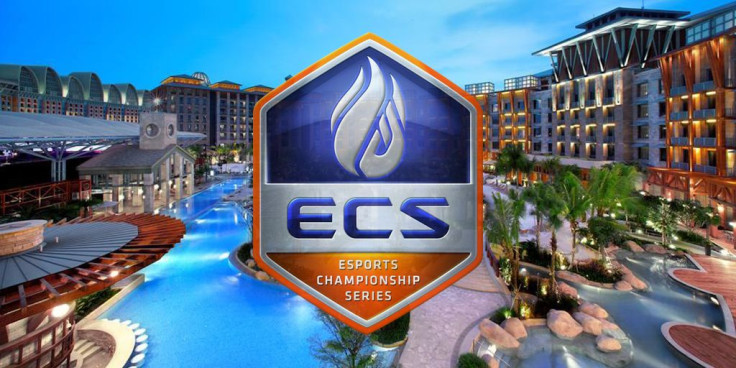There’s no right way to run an esports tournament. Unlike traditional sports that require massive playing fields, pro gaming events need only a few computers, some good internet and players willing to compete. In the middle of the esports gold rush, where every company is trying to outdo their competitors with spectacle and franchises, it can be easy to forget the games that formed the foundation for competitive esports. Counter-Strike: Global Offensive, a first person shooter that’s been a premier esport for over a decade, is one of them. A game where the beauty is in the details, CS:GO fans appreciate a knife kill under the cover of smoke or a frag on a counter terrorist halfway across the map, skills that require dedication and focus to the Desert Eagle gods.
FACEIT is a popular competitive gaming platform among like-minded esports aficionados with dreams of video game superstardom. With more than nine million users playing 12 million game sessions a month, it’s a testament to how much Counter-Strike tournaments have evolved since the days of LANs with computers physically corded together.
FACEIT runs a series of casual online tournaments, the biggest being the Esports Championship Series, a months-long tournament where 20 of the biggest names in esports compete in CS:GO for a prize pool of at least $750,000. The finals of the fourth ECS are set to take place Dec.15 to 17 at the Hard Rock Hotel Cancun, and FACEIT wants to try bringing esports back to fundamentals: the whole event will be held on a closed set without an audience.
“Cancun was a way for us to go back to our roots,” Michele Attisani, co-founder and CBO of FACEIT told Player.One. In 2015, FACEIT hosted a smaller event out of their London offices, which turned out to be the most successful tournament they’ve ever run. “The players had a real opportunity to focus on the competition without all the distractions that a big live event has. We wanted to repeat that experiment in a much more mature market on a completely different scale.”
In June, FACEIT took their ECS 3 finals to the famous SSE Arena, Wembley in London and they plan to bring the event back next year. “We still care about big events with arenas and audiences,” Attisani said.
Esports events with live crowds are some of the most exhilarating, heart-pounding and bone-chilling experiences a fan can experience. Standing among thousands of people as they cheer, boo and chant shaking world-famous stadiums with the pounding of feet and the bashing of inflatable thundersticks. All that commotion and electric energy in the air can be trouble for players, especially when competitive adrenaline kicks in. Esports tournaments of all sizes use noise-cancellation headphones and sometimes sound-proof booths but they can’t counteract the vibrations coursing through the building itself, a serious issue when games are decided by reactions measured in microseconds. Players can also get serious stage fright; going from a gaming house with six computers to the stage at Wembley Arena might be hard to overcome. This is the last CS:GO tournament of the year, so FACEIT wanted ta locale where these burnt-out players could unwind and relax - at least until they have to play.
“It was a perfect fit,” Attisani said. “It had the right infrastructure in order to deliver the highest quality of content production and broadcast, but at the same time be a pleasant location that everyone will enjoy.”
Playing in Cancun was a collaborative decision, with pro teams and FACEIT reps agreeing to terms. ECS invites CS:GO players to a tribunal, discussing the future of the league, player’s well-being and franchising rights.“Before actually committing to this type of event, we spoke at length with the players and the representatives that sit on the ECS governing committee,” Attisani said. “Only after talking to them about the type of tournament we wanted to run and the format, did we feel comfortable enough to pull the trigger and move forward with this type of event.”
Allowing pros to unwind by the pool before facing off in virtual terrorist negotiations will hopefully translate into a better broadcast. Fans love watching their favorite personalities be themselves, either on Twitch or more intimate esports events like Hearthstone’s SeatStory Cup. FACEIT will be using pros and players in the broadcast in new ways, to try and make the ECS stream friendlier for fans, including analyst desk commentary and a few special surprises.
“We understand that from a pure PR standpoint, having an arena filled with fans is a lot more fashionable, but we don’t care that much about that,” Attisani said. “We’re a community focused company and If we think this format can be interesting for them, we’re going to try.”



















